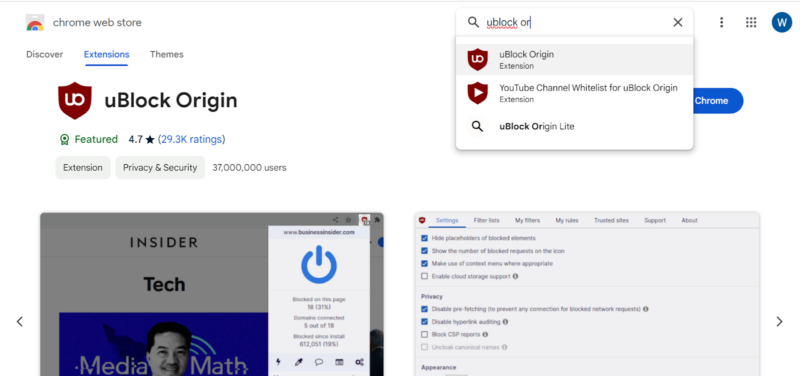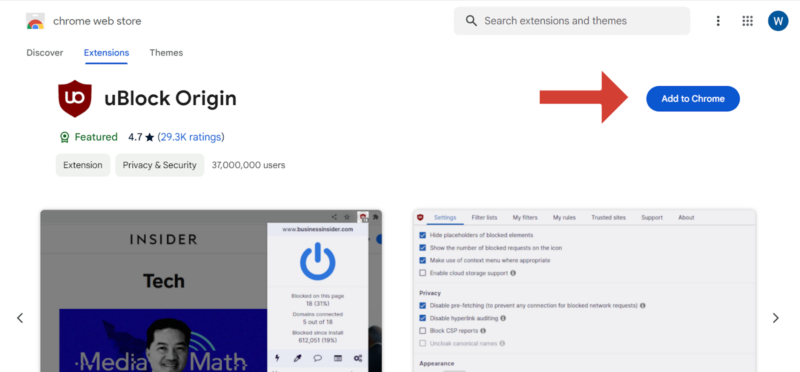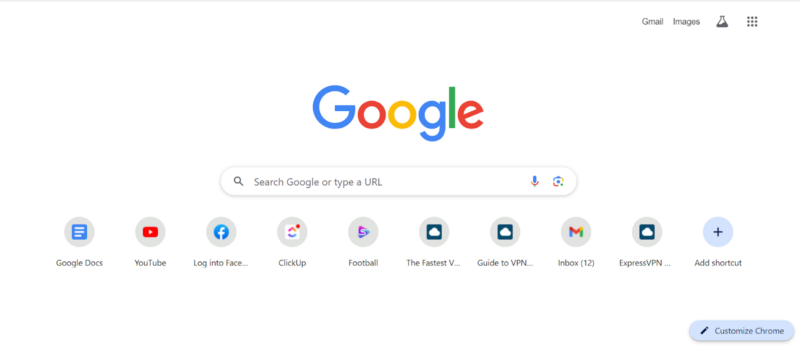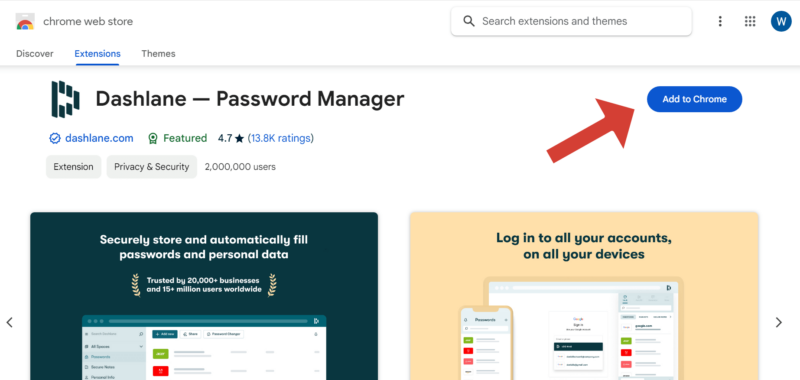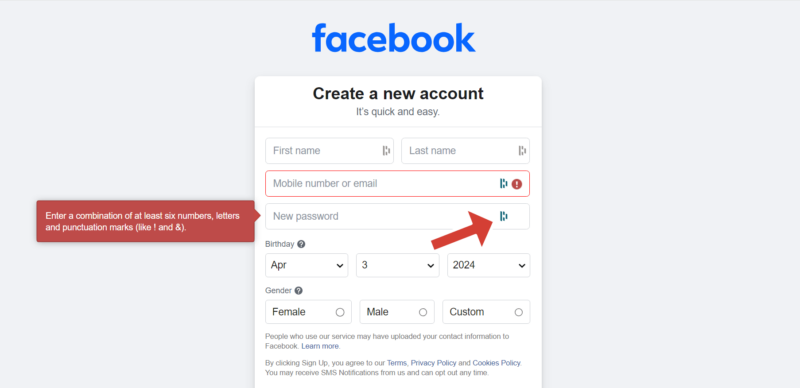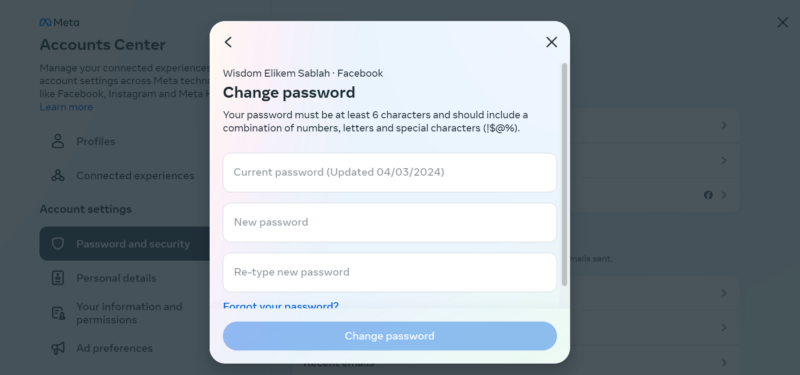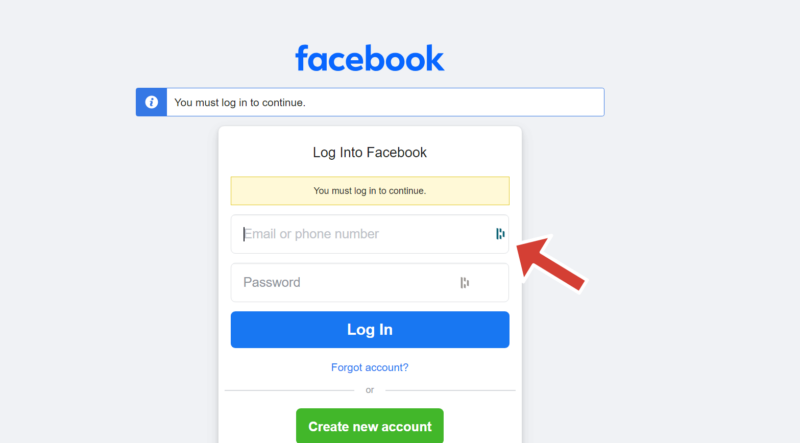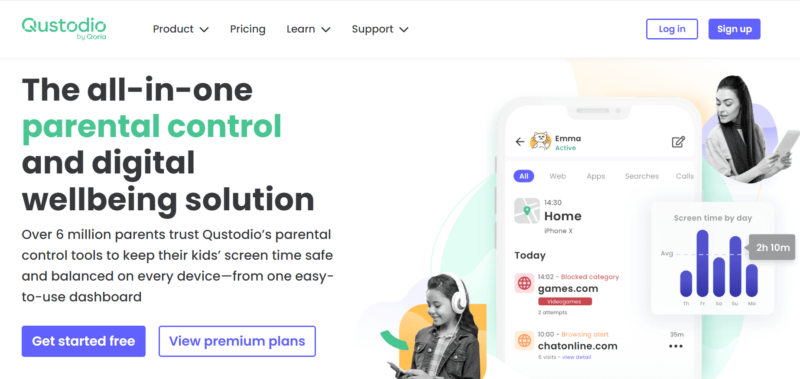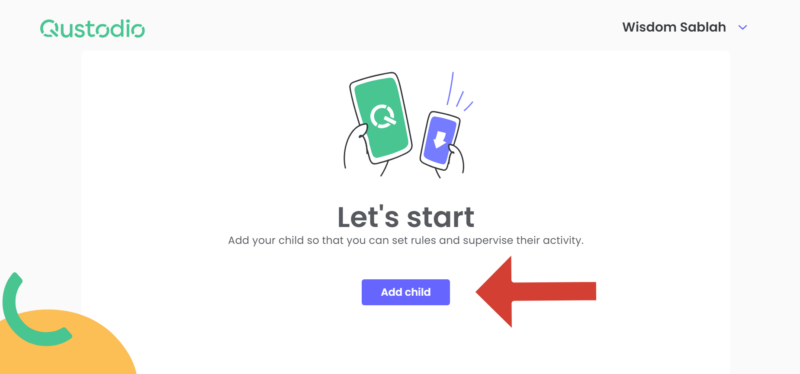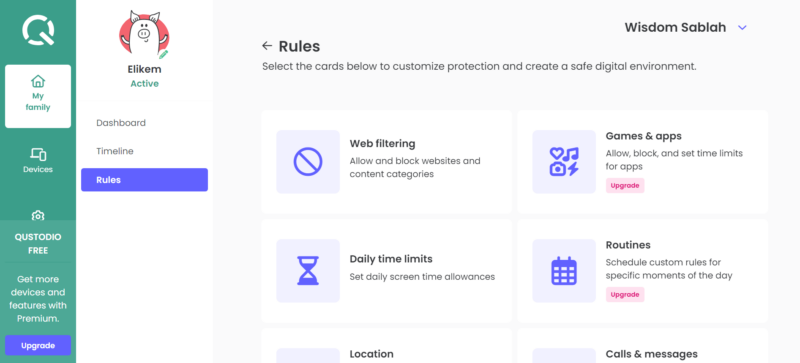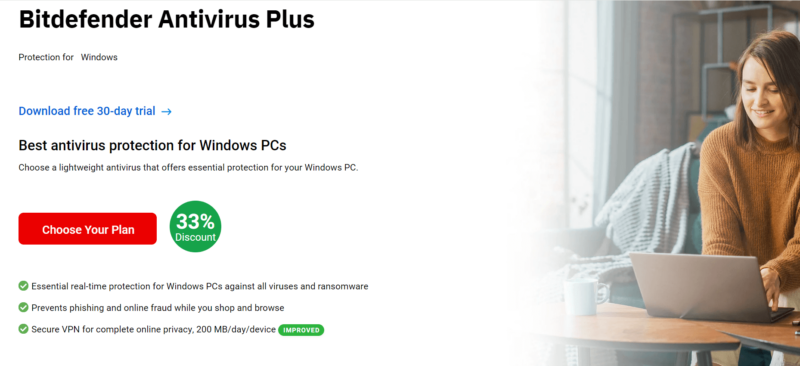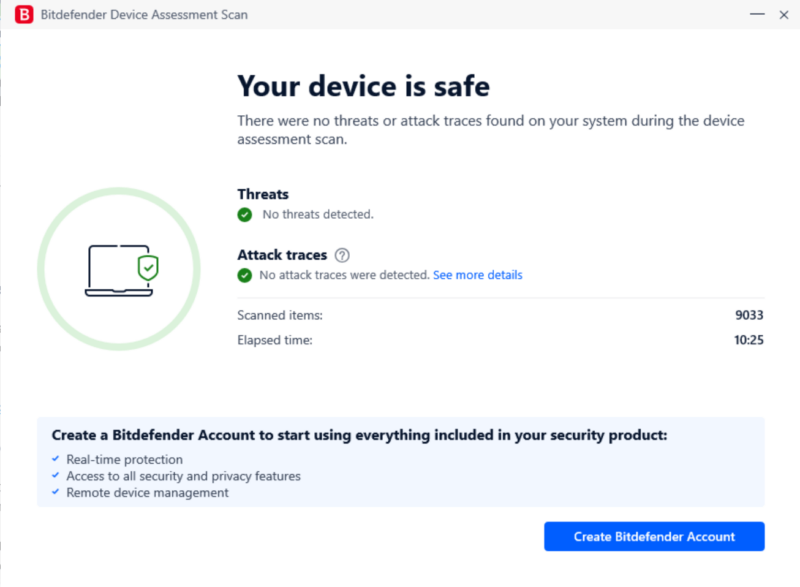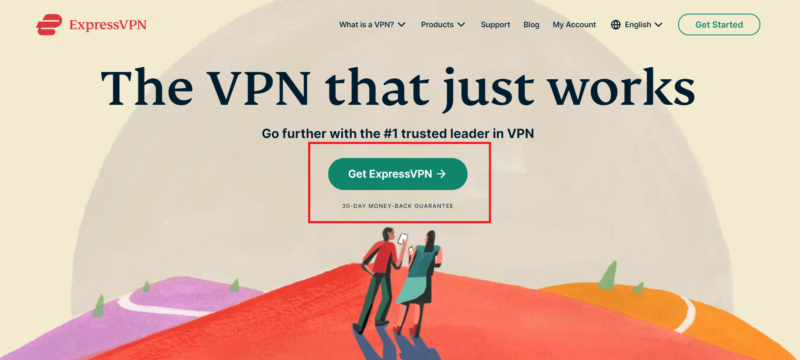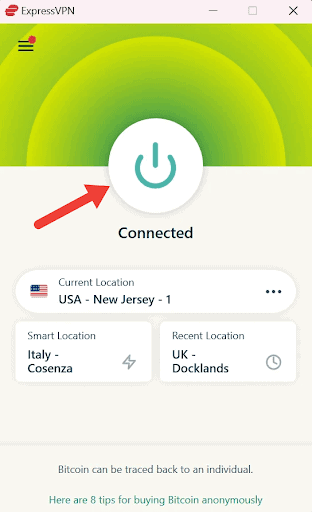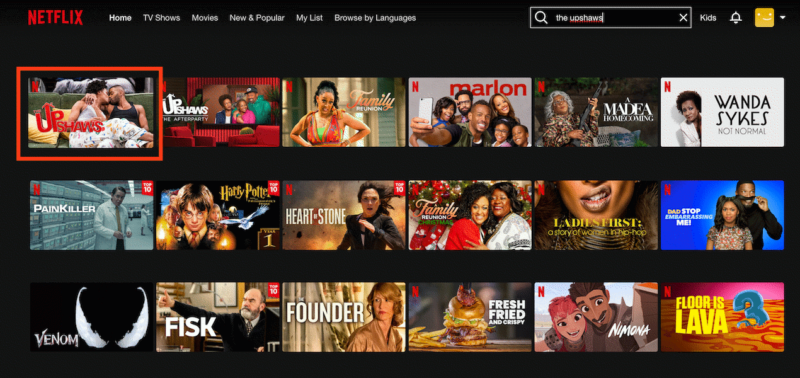Here at Cloudwards, we strongly advocate using security tools whenever you go online, especially one of the best VPNs. In this article, we’ll explain why that’s so important and cover quick, effective tips on how to protect your privacy online.
As you browse the internet, you might leave sensitive digital trails of your activity. You could even hand over sensitive information to your internet service provider (ISP), businesses or bad actors without knowing. According to the FBI, cyberattacks are rising; the frequency of cybercrimes in 2023 was 10% greater than in 2022. 4
We’ve put together step-by-step guides for protecting your privacy on social media and online dating platforms. We also cover how to protect your child’s personal information online. First, we’ll flesh out why your online privacy is so crucial.
-
05/08/2024 Facts checked
We rewrote this guide and restructured it to focus on step-by-step guides that any online user can follow.
Why Is Online Privacy Important?
If you don’t protect your online privacy, your personal details might fall into the wrong hands. You might even give away your personal information without realizing it. Here’s a breakdown of the reasons why your online privacy is important.
- To stop businesses & data brokers from accessing your information: Poor privacy practices will make it easy for data brokers and vendors to collect and sell your data for profit. If a vendor suffers a data breach, your information could be exposed.
- To avoid stalkers, online predators and cyberbullies: Stalkers and toxic people can follow you on social media, as well as track your location and activities.
- To avoid government surveillance and censorship: Some countries have extensive government surveillance systems that track online activities. Prioritize your online privacy if you don’t want government agencies breathing down your neck.
How to Protect Your Online Privacy: Keep Your Personal Data Private
There are many ways to protect your personal data, as we highlight in our online privacy guide. That article focuses on helping you understand all the details about online privacy, while this one focuses on practical tips. The best steps to take will depend on your specific situation.
- Data Removal Tools: If you suspect that too much of your data is on the internet, use a data privacy management tool to find and remove it. Check regularly to see if your data has appeared in a breach and change compromised passwords immediately. You can do that using a data removal tool like Incogni. We have a guide on how to use Incogni.
- Use Private Search Engines: Search engines like Google frequently work with advertising partners to profit from your search history. Browsing with a private search engine like DuckDuckGo helps you cover your tracks online. We’ve got a whole article on search engines that don’t track your browsing history.
- Blocking Trackers: Websites can track you using cookies, pixels and browser fingerprinting. They often use the information they collect to provide personalized ads. To avoid trackers, review website cookies before accepting them. You can also browse in Incognito mode to prevent tracking. We also recommend using a tracker blocker.
How to Protect Your Privacy on Social Media
- Fakes and Scams: Be careful about the information you share on social media. A scammer could pose as a business, family member, famous person or romantic interest to lure you into sharing personal information. Be aware of common social engineering scams, such as scammers posing as potential employers and asking you to fill out a form with compromising details.
- 2FA Protection: Enable two-factor authentication to make it difficult for hackers to access your account, even if they know your password. Most social media sites have private modes that let you control who can see each post — set yours to the most private option possible. Many will let you use an authenticator app, which can be even more secure than an email for two-factor authentication.
- Use a Password Manager: Protecting your social media accounts starts with creating strong and unique passwords. If you have accounts on multiple platforms, you’ll notice that creating and remembering passwords can be difficult. However, using the same password for all your online accounts poses a serious risk if that password ever becomes compromised.
How to Protect Your Kids’ Privacy Online
- Educate and Explain: Educating your children about safe online practices is the best way to ensure they don’t land in hot water. Talk with your kids about the kinds of websites they should avoid and the information they should keep private. Your child could also fall victim to cyberbullying, identity theft or other social pressures.
- Don’t Share Information: Children shouldn’t share any photos of themselves with anyone (especially explicit photos). Children might also be tempted to share private information on social media that cyberstalkers can use to track them, or they might give out financial information without understanding its significance.
- Consider Parental Control Apps: Parental control apps let you monitor your children’s online activities and manage their screen time. Major operating systems offer native parental controls, but for deeper regulation, you’ll need a paid app like Qustodio. Such apps provide granular controls, including the ability to filter apps and content and block apps and calls. They also provide detailed reports on each child.
How to Protect Your Privacy on Online Dating Platforms
- Don’t Overshare: Avoid sharing your location and personal information with people you meet on dating sites unless you can verify their authenticity. Some dating accounts are run by catfishers who pose as someone else to win your heart and exploit you. One small hack that can help you avoid catfishing is doing a reverse image search of the person you’re chatting with.
- Watch Out for Romance Scams: Romance scams involving con artists who gain your trust by pretending to fall for you on a dating site are a common risk. Red flags to watch for on dating sites include partners asking for financial assistance, incomplete or fake profiles, requests for your financial information, excuses for not meeting in person, and people who ask you not to tell anyone about the “relationship.”
- Use an Antivirus for Fake Dating Apps: Hackers are increasingly disguising malware as dating apps 5. You might think that you’re downloading Tinder or Bumble when you’re actually downloading malware. An antivirus can alert you about suspicious files and malware, enabling you to avoid these fake dating apps.
Best Way to Protect Online Data
- Use Protection on Public Wifi: Always use strong and trusted WiFi networks to avoid hackers. If you use unprotected public networks, a VPN is even more important as hackers like to take advantage of vulnerable connections. We advise against shopping online on any network but your own, but if you have to transmit financial data on public WiFi, never do so without a VPN.
- Use a VPN: A virtual private network (VPN) makes it nearly impossible for anyone to track what you do online. Even if someone accesses your browsing logs or intercepts your credentials, they’ll only see gibberish. A VPN also masks your IP address, which can be used to determine your location.
- Use Secure Services: If you plan to store data online and access it through multiple devices, research the security of any solution you entrust with your files. Our guide to the most secure cloud storage can help you choose a trustworthy partner. Some of these services include end-to-end encryption, protecting your data at every point of the process.
Final Thoughts
Protecting your online privacy depends on the apps you use and the choices you make. Thankfully, there are many tools designed to help you stay safe online. A VPN is one of the best, as it encrypts and anonymizes your traffic. Other helpful tools include antiviruses, password managers and parental control apps.
Have you experienced a cyberattack before? Have you ever sensed someone spying on your online activities? Which are your go-to tools for cybersecurity? Are there any tools you’d want to add to this list? Share your thoughts and experiences with us in the comments section below. As always, thanks for reading.
FAQ: Internet Privacy Safety Tips
-
The best way to protect your privacy online is to be careful about the websites you visit and the information you share. We also recommend using cybersecurity tools, including a VPN, an antivirus and a password manager.
-
To stay safe online, avoid sharing too many details about yourself. Double-check a website’s security before opening it and use apps with good privacy track records. You might need to read each app’s privacy policy to confirm.
-
Use a virtual private network (VPN) to protect your online privacy. It can encrypt and anonymize your traffic. This makes it difficult for any third party to access and make sense of your online activities.
-
To keep your information private, avoid sharing it with people you don’t trust, and steer clear of shady websites or platforms. A VPN can add an extra layer of security since it makes your online activities nearly impossible to track. You can also use a password manager to create strong and secure passwords.
{“@context”:”https:\/\/schema.org”,”@type”:”FAQPage”,”mainEntity”:[{“@type”:”Question”,”name”:”What Is the Best Way to Protect Your Privacy Online?”,”acceptedAnswer”:{“@type”:”Answer”,”text”:”
The best way to protect your privacy online is to be careful about the websites you visit and the information you share. We also recommend using cybersecurity tools, including a VPN, an antivirus and a password manager.\n”}},{“@type”:”Question”,”name”:”How Can I Stay Private and Safe Online?”,”acceptedAnswer”:{“@type”:”Answer”,”text”:”
To stay safe online, avoid sharing too many details about yourself. Double-check a website\u2019s security before opening it and use apps with good privacy track records. You might need to read each app\u2019s privacy policy to confirm.\n”}},{“@type”:”Question”,”name”:”How Can I Protect Myself on the Internet Online?”,”acceptedAnswer”:{“@type”:”Answer”,”text”:”
Use a virtual private network (VPN) to protect your online privacy. It can encrypt and anonymize your traffic. This makes it difficult for any third party to access and make sense of your online activities.\n”}},{“@type”:”Question”,”name”:”How Can I Protect My Private Information?”,”acceptedAnswer”:{“@type”:”Answer”,”text”:”
To keep your information private, avoid sharing it with people you don\u2019t trust, and steer clear of shady websites or platforms. A VPN can add an extra layer of security since it makes your online activities nearly impossible to track. You can also use a password manager to create strong and secure passwords.\n”}}]}
Sources:
- Pew Research Center – How Americans View Data Privacy
- Pew Research Center – How Americans Protect Their Online Data
- Google Blog – Privacy Sandbox Tracking Protection
- FBI – Internet Crime Report
- TrendMicro – Fake Dating Apps Found as Top Source of Malware in Africa
The post How to Protect Your Privacy Online: Step-by-Step Guide for Full Security in 2024 appeared first on Cloudwards.

